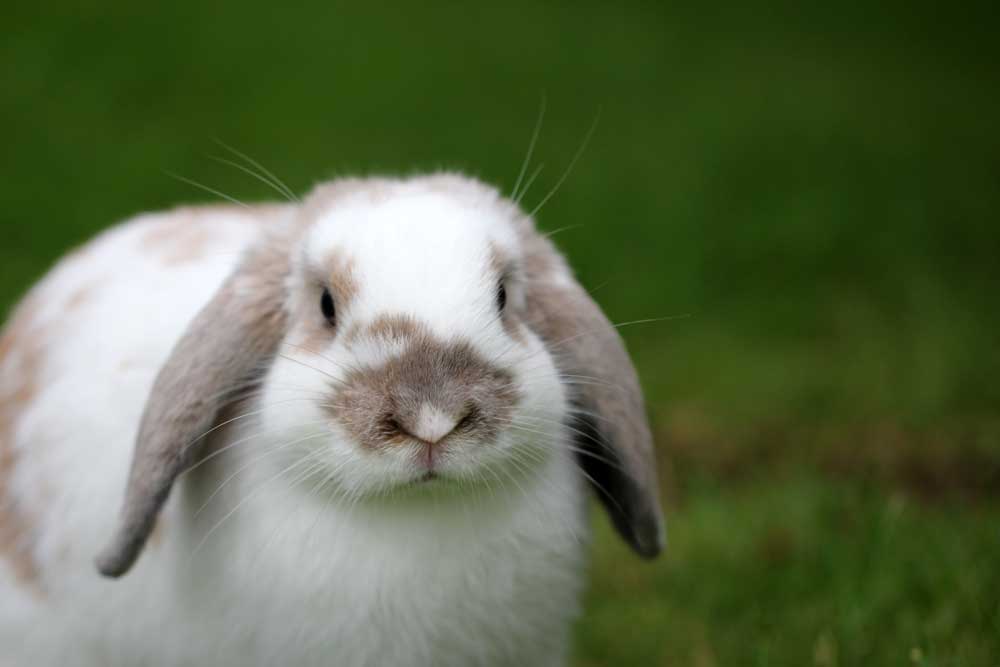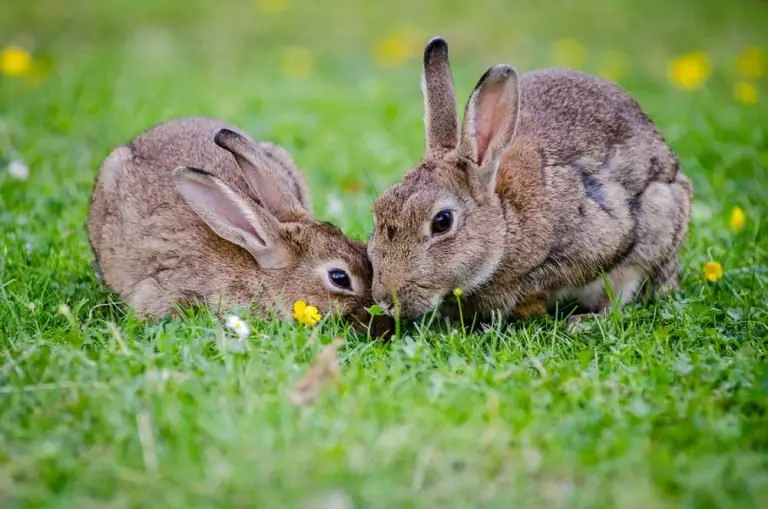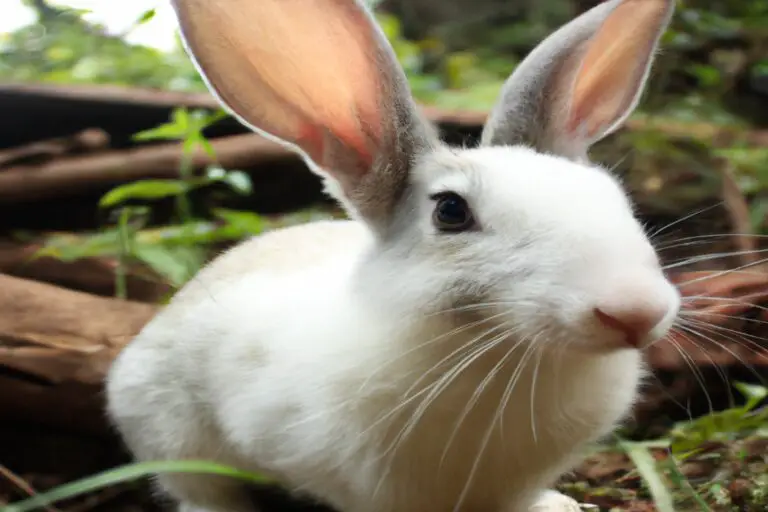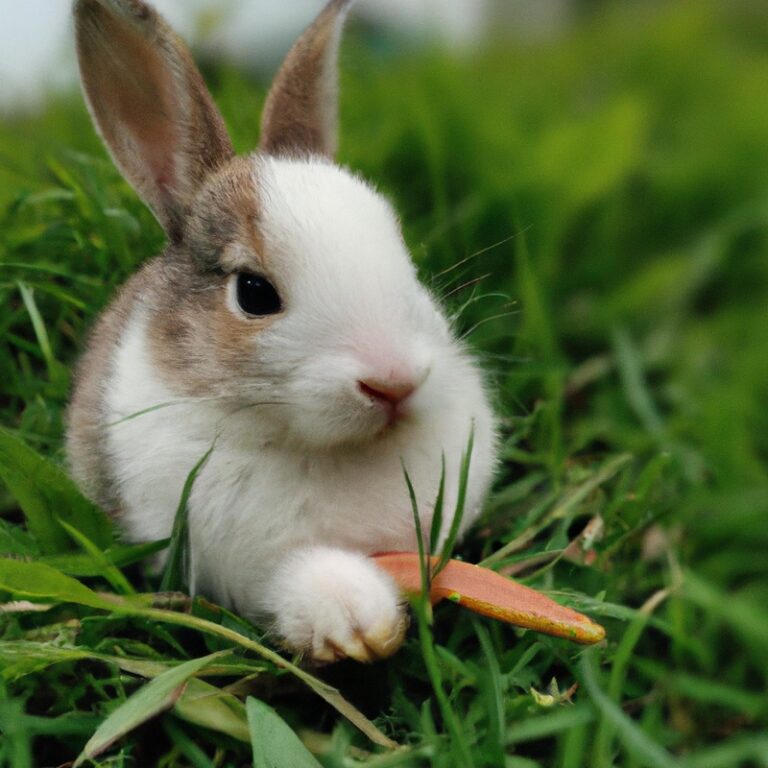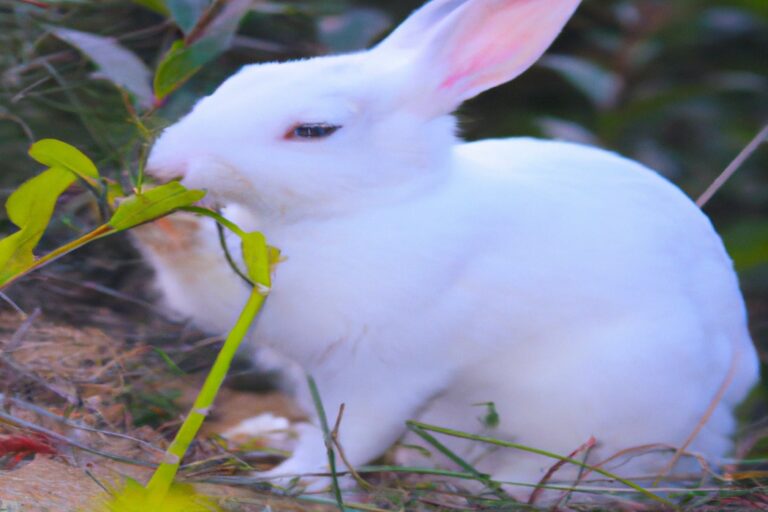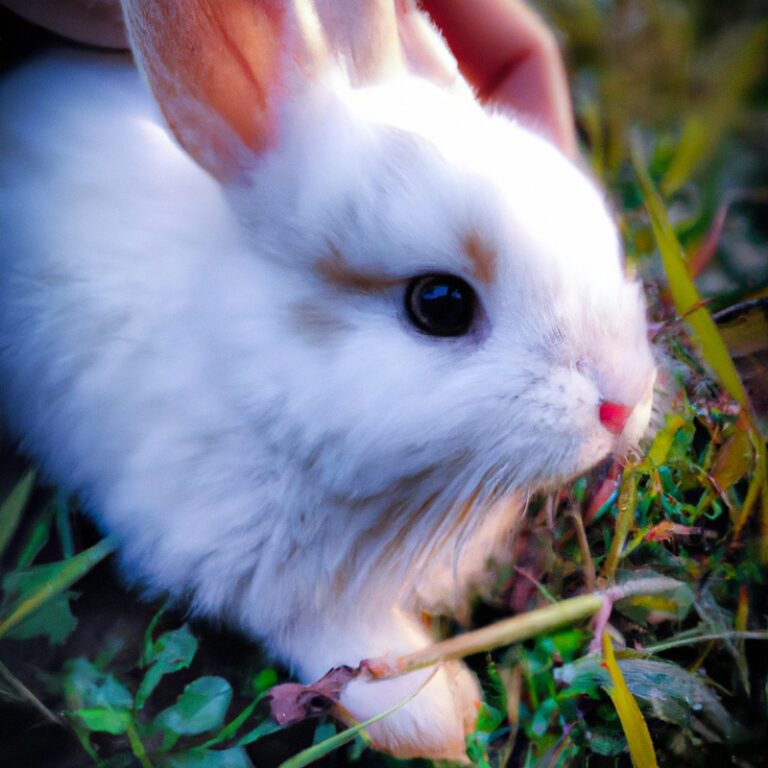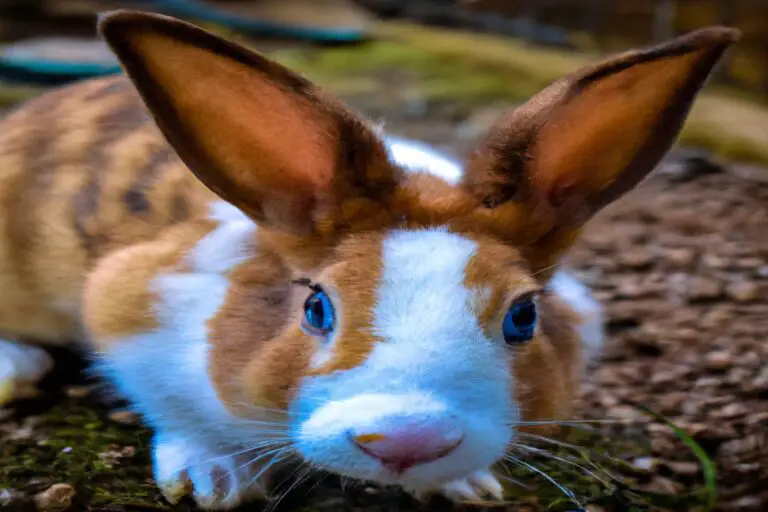Herbs For Rabbits: What Are Safe And What You Should Avoid?
Among various other pet animals, rabbits, too, are quite preferable among pet parents. It is your responsibility to fulfill all his requirements. Utmost care is necessary while planning his daily meal plan.
Rabbits are herbivores; they eat only plant-based food items. To maintain natural development, you must provide them with a balanced diet. They like eating hay, fruits, vegetables, and herbs. Herbs may be in the form of fresh, dried, and wild.
Can a rabbit eat all kinds of herbs? Although rabbits are plant eaters, some herbs are toxic. Some others may not be poisonous, but if eaten in huge amounts, may disturb natural digestion. Thus, maintaining a balanced meal is crucial. It is vital to keep a note on the safe and toxic herbs.
Digestion in Rabbits
Rabbits are heavy grazers, especially during the latter part of the day. On adapting to the outer environment, they can spend hours by grazing, but in intervals. For the extraction of more nutrients, they often intake the waste produced after digestion.
Due to the grazing of a considerable amount of leafy food, there is an accumulation of cellulose. The high cellulose content in the digestive system makes it difficult to digest. To adapt to this issue, their body undergoes microbial fermentation.
For maintaining the natural digestion in rabbits, please keep a look at their eating habits.
Dangerous effect of unhealthy herbs
Rabbits enjoy all forms of herbs. But some are toxic and dangerous. These may cause serious illness in some. At the same time, others may turn to the reason for fatality. Some of these problems are as follows:
The weakening of red blood cells:
Haemolysis is when some red blood cells rupture faster than the others. When these red blood cells cannot multiply at a similar rate, there is less blood production. Thus, it causes anemia over some time. The reason behind this disorder is eating plants from the onion family.
Digestion issues:
Ingesting herbs as chives can lead to blood-related issues. They also cause gut disorders after consumption. These issues may not be visible instantly but will realize soon.
Liver damage:
Consuming herbs like parsley can affect the functioning of the liver. Once the liver damages, it will not be able to secrete various digestive enzymes.
List of unsuitable herbs
Below is a list of some items which are not suitable for a rabbit for daily consumption. This list can act as a form of check-list that will help in instant evaluation.
Parsley:
Although they are not toxic, they can be dangerous if not eaten in a limited quantity. A massive quantity of oxalates causes misfunctioning of the rabbit’s liver. It is advisable to include it in a limited quantity and ask a vet about it.
Onions:
Almost all herbs belonging to the onion family are dangerous for a rabbit. It includes spring onion, garlic, and chives and contains n-propyl disulfide. When it combines with the RBCs, they rupture and cause blood-related problems. The most common is hemolytic anemia. Here RBCs tend to become fragile and decrease their count.
Wild herbs:
Most people do not recognize wild herbs. In such cases, it is better to stick with the usual ones. You can mix dried herbs with hay, which serves their taste.
Others:
Some other herbs like cherry leaves, bryony, hemlock, hog wort, blue-green algae, jasmine, poppy, etc. are unsafe for consumption.
What herbs are safe for my rabbit?
A lot of herbs that suit a rabbit are available in the vicinity of your area. To avoid health risks, it is better to provide them with well-known ones. These will be safe for consumption.
Below is a list that you can keep handy while picking up herbs for your rabbit:
- Coriander
- Lavender
- Fennel
- Basil
- Oregano
- Rosemary
- Mint
- Thyme
- Dried herbs
Diet of a rabbit
Like all other pets, the rabbit also needs a well-balanced diet. Most of their diet contains hay, and some part of it contains either fruits or vegetables. You must keep a check on the quality of hay.
Since they are fond of eating, they also have a tendency to become obese. There can be the inclusion of more leafy vegetables. A diet for a rabbit should not contain a very high amount of carbohydrates.
Quantity of herbs that a Rabbit can intake
One of the essential components of their daily diet is hay. Other than that, you can also give them pellets. Thus, apart from it, herbs will take up a small portion of the diet. Once you know the various safe herbs, you can easily pick them up from nearby stores.
But you must ensure the quantity you are providing them each day. It is better to mix up different varieties in a meal. Herbs constitute a tiny part of the entire meal. Even the safe herbs in large quantities can have ill-effects on their health. You may not notice it in a single day. But gradually, this will cause deterioration of their health. For example, a high quantity of parsley or spinach can lead to damage of the liver.
Poisoning due to the consumption of toxic herbs
You may notice a change of behavior due to the ingest of an unsafe herb. Some common symptoms may be an upset stomach, loss of appetite, vomiting, etc. Contacting a veterinarian is the best option. You can contact the Animal Poison Control Centre too. They have expertise in handling poisoned animals and can provide first-aid.
Tips for a healthy rabbit
Include vegetables, fruits, grasses, and herbs along with hay in their diet. Hay must be a significant ingredient, followed by others. Herbs may be the least component.
Herbs have many consumable parts. It includes leaves, stems, branches, berries, etc. the entire herb may be poisonous, or just one part may not be suitable to ingest.
A lot of herbs are dangerous for rabbits. Ensure to keep your rabbit away from those. It will help in preventing severe health hazards.
Young rabbits have a delicate digestive system. Provide those herbs in meals that are easy to digest. Complex herbs may disrupt the normal digestion in babies.
You may grow the safe herbs in your lawn or backyard for easy accessibility. There will be no risks for the rabbit even if he eats it himself.
Safe herbs are advantageous only if taken in minimal quantity. A high dosage of herbs may have adverse effects on their health.
Herbs should not replace regular vegetables and fruits. These are just complementary to the regular diet.
Ensure to maintain an optimal amount of food regularly. Divide the meals into small intervals. They tend to gain weight very soon. Thus, you must ensure to keep a check on their body weight.
In case of consuming poisonous herbs, contact a doctor immediately. Do not feed any medicine without prior advice.
Keep toxic herbs away from reach. It is better to keep the toxic items in higher cabinets.
While introducing a new herb, feed in a small amount. Wait until 24-48 hours and evaluate any changes. In case you notice any allergy, avoid feeding the same herb again.
Most herbs are safe for consumption. Some may be toxic, depending upon its quantity of ingestion. Different species may have different types of response towards a food item. Analyze the safe herbs in due course of time. Do not introduce various types of new herbs to a rabbit all at a time.
Ensure to provide them with enough regular meals and add herbs in limited quantities. Make sure to avoid herbs like chives and garlic. Include hay in their diet as they neither contain oxalates or calcium. Keep a check on their behavior after introducing a new diet.
Contact a doctor immediately and seek his advice during any unnatural behavior. Try to provide the best care and protection to your rabbit. It will help them lead a better and joyful life.
References:

